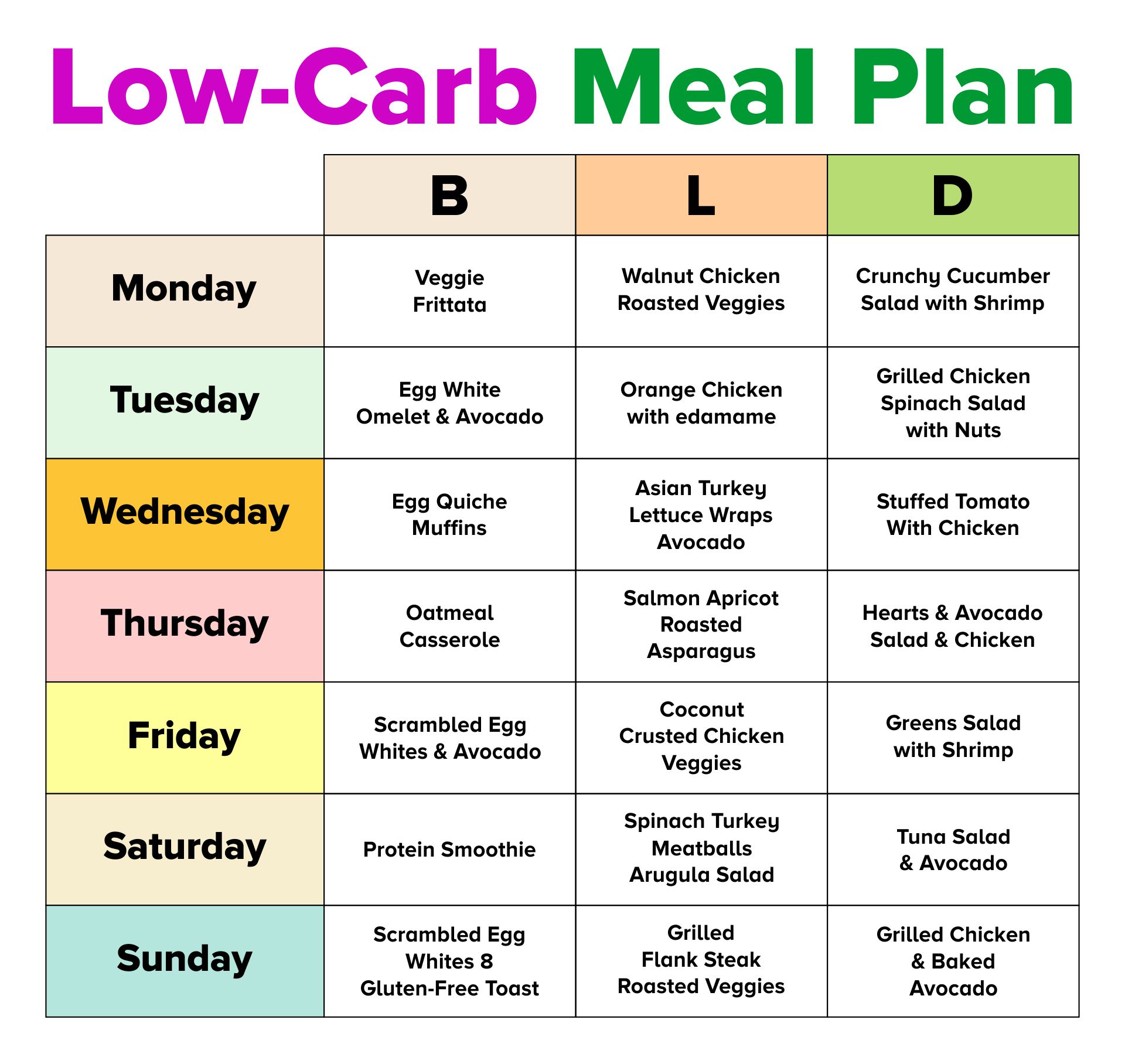Traversing the landscape of diets can feel daunting, especially with the abundance of alternatives available today. Whether you are just starting your wellness journey or looking to enhance your diet, understanding the different kinds of diets is crucial. This guide will help demystify the most common diet plans, making it simpler for you to find the one that matches with your daily routine and fitness goals.
From fashionable low-carb plans like the Keto diet to heart-healthy approaches such as the DASH eating plan, each nutrition plan comes with its specific set of benefits and drawbacks. We’ll explore how these diets impact your health and give you information into which might suit you best for you. With a small amount of knowledge, you can make an informed decision about your nutrition path, making sure that it meets not only your physical needs but also your individual tastes.
Introduction of Common Diets
When exploring various diets, it is crucial to recognize that each approach serves multiple health aims and lifestyles. Well-known dietary patterns such as the Mediterranean, Keto, and Paleo have gained traction in recent years due to the benefits they provide. The Mediterranean diet, for example, focuses on natural foods, nutritious fats, and vegetable-based dishes, prompting numerous health professionals to advocate it for its heart-healthy properties. In opposition, the Keto diet concentrates on high fats and low carbohydrates, forcing the body into a state of ketogenic state to utilize fat for energy. Understanding these principles helps individuals identify what aligns with their fitness levels.
Besides traditional diets, current movements like intermittent fasting and plant-based eating are reshaping how people relate to food. Intermittent fasting focuses on phases of eating and fasting, which can help in weight loss while giving the digestive system a rest. The plant-based diet, often misunderstood with veganism, promotes consuming more fruits, vegetables, grains, and legumes, focusing on health and environmental consciousness. Each of these diets has its own set of guidelines, making it vital for individuals to consider their objectives before diving in.
Furthermore, those navigating specific health conditions can gain from specialty diets. The DASH diet, designed to combat hypertension, reduces sodium intake while encouraging fruits and vegetables. The FODMAP diet is designed for those with digestive concerns, enabling individuals to identify food triggers that may exacerbate discomfort. By learning about these specific diets, individuals can make informed choices that meet their unique health needs, ultimately leading to a better quality of life.
Understanding Diet Advantages and Drawbacks
As you considering multiple diets, one must essential to compare their benefits versus potential drawbacks. Many trending diet plans, like the Keto and Paleolithic diet plans, offer significant weight loss and enhanced energy. Nonetheless, they may also result in a lack of nutrients if not supervised properly. It’s crucial to understand what your body your body needs and the way different diet plans might meet or jeopardize these food requirements.
Following a diet often necessitates lifestyle adjustments that may not be suitable for every individual. For instance, the Mediterranean-style diet plan is praised for its heart-healthy effects, but it might not be appealing to those who favor fast outcomes or have hectic schedules. Alternatively, diets like intermittent fasting might assist in weight loss, but they might be challenging to stick to in the long run for a few individuals. Every individual’s connection with food is distinct, and what is effective for one person may not be appropriate for another.
In addition, the mental and emotional factors of dieting should not be overlooked. Diets that are overly limiting can create unfavorable relationships with food, leading to feelings of shame or stress. Selecting index that is compatible with your lifestyle and encourages sustainable sustainability is essential. Grasping the advantages and disadvantages of each choice can help lead you to a balanced approach that supports both your bodily health and mental health.
Selecting the Right Nutritional Plan for Your Way of Life
Selecting a nutritional plan that aligns perfectly into your lifestyle is essential for sustained success. Start by assessing your daily routine, likes, and fitness goals. For instance, if you have a active schedule and prefer ease, a meal-prep friendly diet like the Mediterranean might suit you, as it focuses on whole foods and can quickly be adapted for preparation in bulk. On the other hand, if you excel on structure and enjoy culinary activities, plans like Paleo or the Whole30 can offer the discipline and variety you need.
Take into account your food limitations and ethical beliefs when selecting a nutritional plan. If you are lactose intolerant or have gluten sensitivity, nutritional plans such as gluten-free or vegetarian/vegan can address these concerns while providing necessary vitamins and minerals. Additionally, if sustainability is a priority to you, considering a semi-vegetarian diet or alternative sustainable eating options can match your food choices with your values, enhancing both your well-being and the planet.
Lastly, think about your interactions with others and how a specific diet could impact it. Nutritional plans that encourage sharing meals, like the Mediterranean diet or even the semi-vegetarian method, can make get-togethers fun rather than stressful. Conversely, strict diets might isolate you during meals with friends or family. Discovering a nutritional plan that harmonizes your wellness objectives with your lifestyle and social needs is crucial to attaining and sustaining lasting results.

